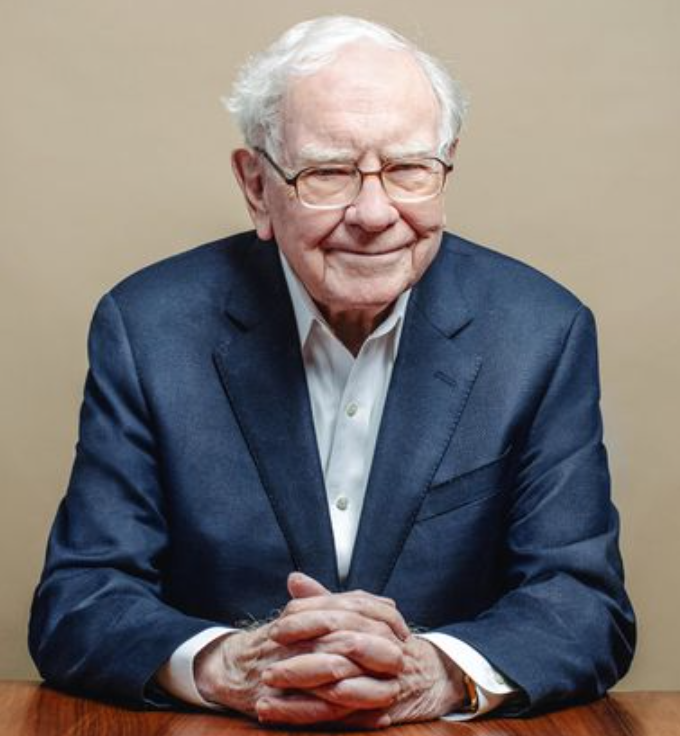- For comparison, Healthcare is 18% of GDP and 13% of the S&P 500 index.
- At one annual meeting, he and Munger said healthcare challenges are too hard for their skill set
- stocks can swing wildly within a given year. See valuation fluctuations in 2020 as an example
- Could be an issue of age and energy to understand as well.
What Buffett Avoids
with
no comment


